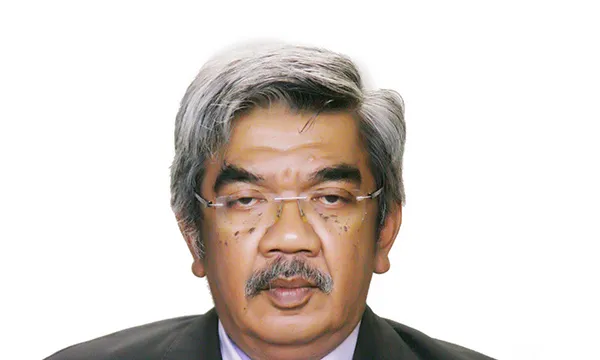
Malaysia needs to revamp existing nuclear legislation
MNPC's Jamal Khaer Ibrahim reveals Malaysia's current regulatory infrastructure is not ready for nuclear power development.
Asian Power caught up with En. Jamal Khaer Ibrahim, director for the Nuclear Power Programme Development at the Malaysia Nuclear Power Corporation.
Ibrahim is a nuclear engineer with over 30 years of professional experience with the Malaysian Nuclear Agency (Nuclear Malaysia), before assuming his current position as the Director for Nuclear Power Programme Development at the Malaysia Nuclear Power Corporation (MNPC) in 2011.
Is Malaysia ready for nuclear power in the following aspects: regulation, public acceptance, technology?
In terms of legislative and regulatory infrastructure for nuclear power development, Malaysia still needs to either revise and update its existing national nuclear legislation, which is the Atomic Energy Licensing Act of 1984, to make it a comprehensive nuclear law covering all aspects of the utilization of atomic energy, including nuclear power generation, or put in place a separate new law for all aspects of nuclear power generation, which would then require the establishment of a new atomic energy regulatory commission or authority for all those aspects of the utilization of atomic energy, including nuclear power generation, or the incorporation of the regulatory authority for all aspects of nuclear power generation into an appropriate existing regulatory authority. This process may take a few years. Nevertheless, irrespective of whether Malaysia proceeds with nuclear power generation, the existing nuclear legislation enacted more than 30 years ago will still need to be updated to take into account the evolution of the international nuclear governance framework based on various international nuclear-related instruments adopted over the past three decades, such as new conventions on early notification and assistance in case of nuclear accidents, and also on nuclear liability and supplementary compensation, as well as on nuclear safety and on radioactive waste and spent nuclear fuel management, arising from the Chernobyl accident in 1986, as well as new protocols on safeguards against the proliferation of nuclear weapons, and new or revised conventions on nuclear terrorism and physical protection of nuclear material and facilities arising from the clandestine nuclear weapons programme in certain countries, and the 2001 September 11 terrorist attacks.
In terms of public acceptance, two levels of public engagement still need to be undertaken, with the first and broader level being an enhanced public engagement at the national level towards public acceptability of nuclear energy as a new additional energy option for electricity generation for the future, followed by public engagement at the local level during the selection and qualification of suitable sites for the nuclear power plant, based on standing appropriate regulations for the preparation of detailed environmental impact assessments (DEIA), radiological impact assessments (RIA), and social impact assessments (SIA). Current activities are still focused on the public engagement on the nuclear energy option at the national level, pending national decision to proceed with the site selection and qualification studies.
In terms of technology supply, nuclear power plant and related technologies are already generally matured, but with continuous improvements to further enhance safety, reliability and economics, irrespective of their vendors. In terms of technology absorption, relevant local institutions and companies still need to develop their capabilities to provide necessary technical support services for the safe and reliable operation of the plants, and to support the national regulatory authority for nuclear power generation.
Nevertheless, the historical sequence of industrialization in Malaysia from rubber and tin, to oil and gas, and also petrochemicals, provides a strong basis for further development to the next level of technological sophistication to support the nuclear power industry.
MNPC CEO Mohd Zamzam Jaafar said Malaysia could have its own nuclear power plant by 2030 to address the high power consumption in the peninsula. Where is Malaysia now in making this happen? Are we still working on the same timeline or are we already out of track?
The 2030 target is based on the earliest that the nuclear power plant can be commissioned, if the decision to proceed with a nuclear power plant project is hypothetically taken now. Prior to such a decision, the updated or new law for nuclear power generation will have to be put in place first, followed by the establishment or identification of the appropriate national regulatory commission or authority for all aspects of nuclear power generation.
Does Malaysia really need nuclear power? Why or why not?
As stated in the current Eleventh Malaysia Plan covering the period 2016-2020, the usage of nuclear power as an alternative energy resource will be explored further, primarily as an option to ensure future national energy security, while continuing to take into account economic, social and environment considerations in the development of the electricity subsector, towards maintaining an optimum electricity generation mix.
The target set for the energy security in the Eleventh Malaysia Plan is based on the Hirchmann-Herfindahl Index (HHI), which need to be maintained below 0.5 in 2020 for the electricity subsector. An HHI exceeding 0.5 will reflect an overdependence on certain energy resource. It is to meet this target that nuclear energy is being explored as an additional option for electricity generation in Malaysia, besides parallel efforts to enhance renewable energy utilization, to reduce dependence on fossil fuels.
What are the three biggest challenges to Malaysia's target of achieving nuclear power?
The three biggest challenges for any development of a nuclear power programme in Malaysia from the policy and infrastructure development perspective are, firstly, political confidence of national leaders on the sustainability of public acceptance of nuclear energy and also the comfort level for the public acceptance, and its dynamics; in parallel with the second challenge on the confidence of the government and national leaders on the economic competitiveness of nuclear energy in the long-term; and, thirdly, national and local political confidence on the public acceptance of nuclear power plants among the local population within the vicinity of potential plant sites.
These challenges are more prominent for emerging countries embarking on nuclear power projects for the first time, due to a generally lower level of public acceptance and confidence in the nuclear energy option at the national level, and even more so at the local level for the selection and qualification of suitable nuclear power plant sites, arising from the fact that it will be a new and unfamiliar energy option for the country, compared to the corresponding levels in countries that are already operating nuclear power plants.
As such, countries embarking on nuclear power projects for the very first time should not be overly ambitious and confident, but should instead be conservative in their timelines prior to bid invitation for the nuclear power projects, with realistic consideration of the time needed to build public confidence and acceptance, and to get the necessary approvals for the plant sites. The stakeholder engagement should also be comprehensive, to include all levels of stakeholders from the Federal and State Governments and political leaders, Ministers, Members of Parliament and Senators, civil servants, professional and industrial organizations, non-governmental organizations, local organizations for the site selection and qualification, and other relevant organizations, right to the general public.
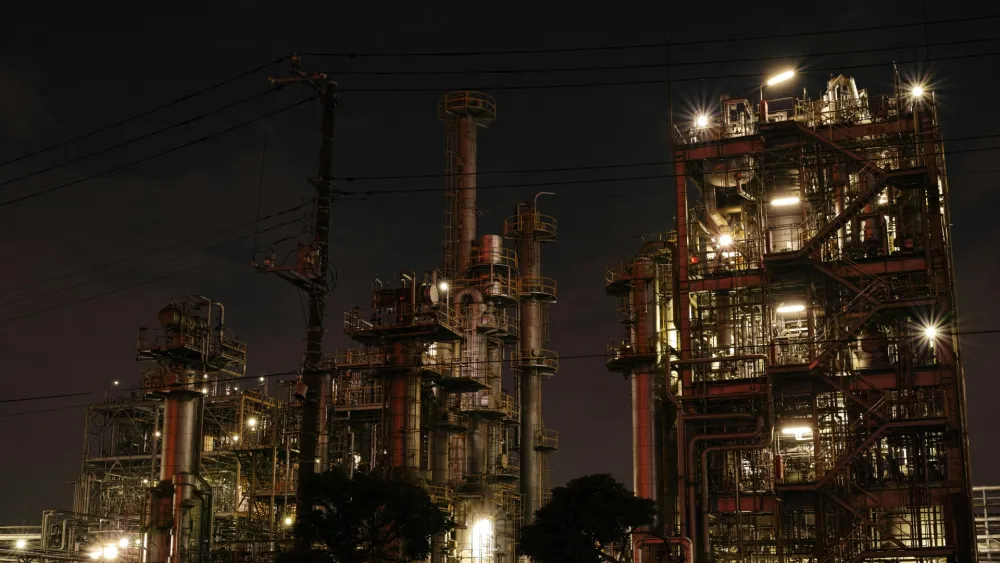
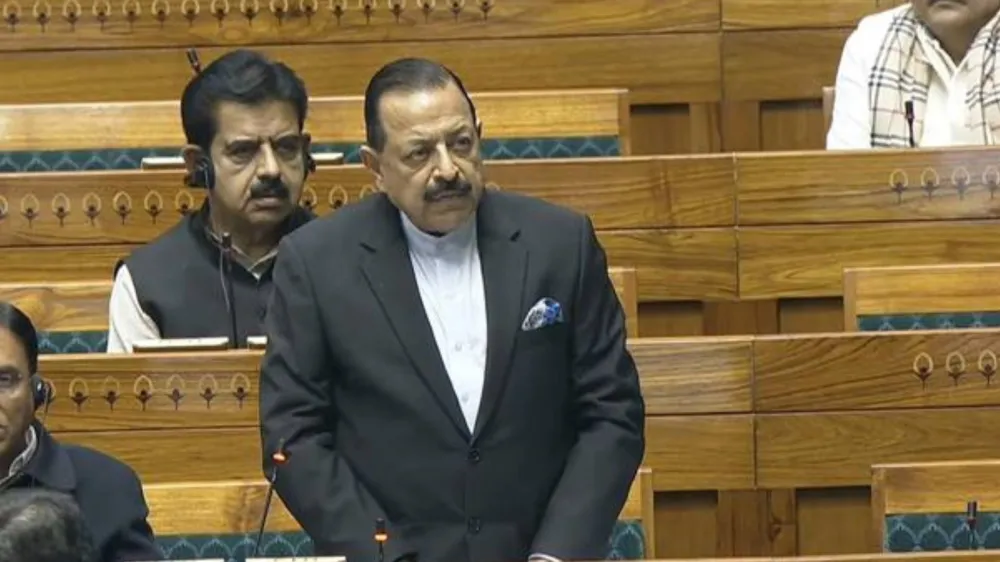
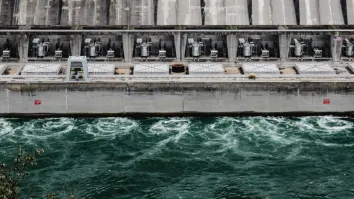
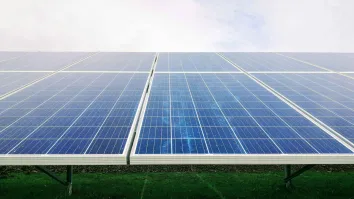
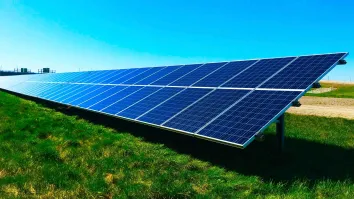














 Advertise
Advertise






